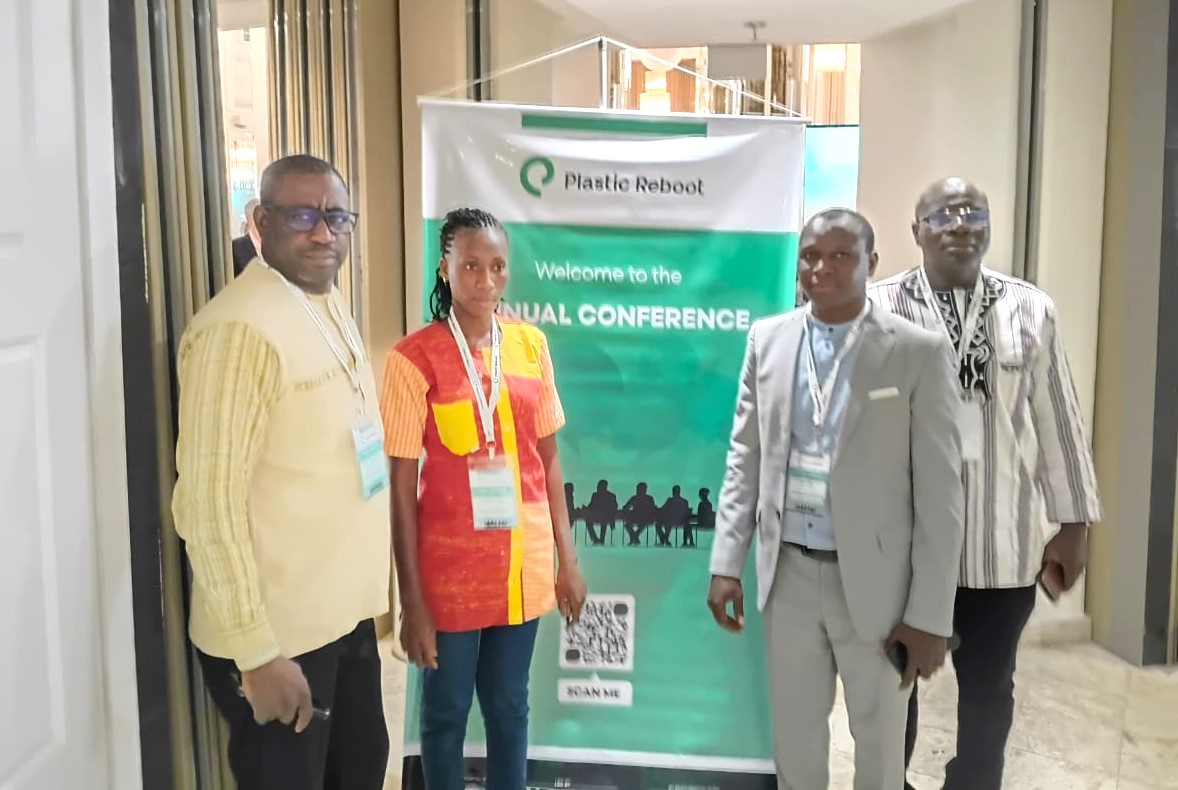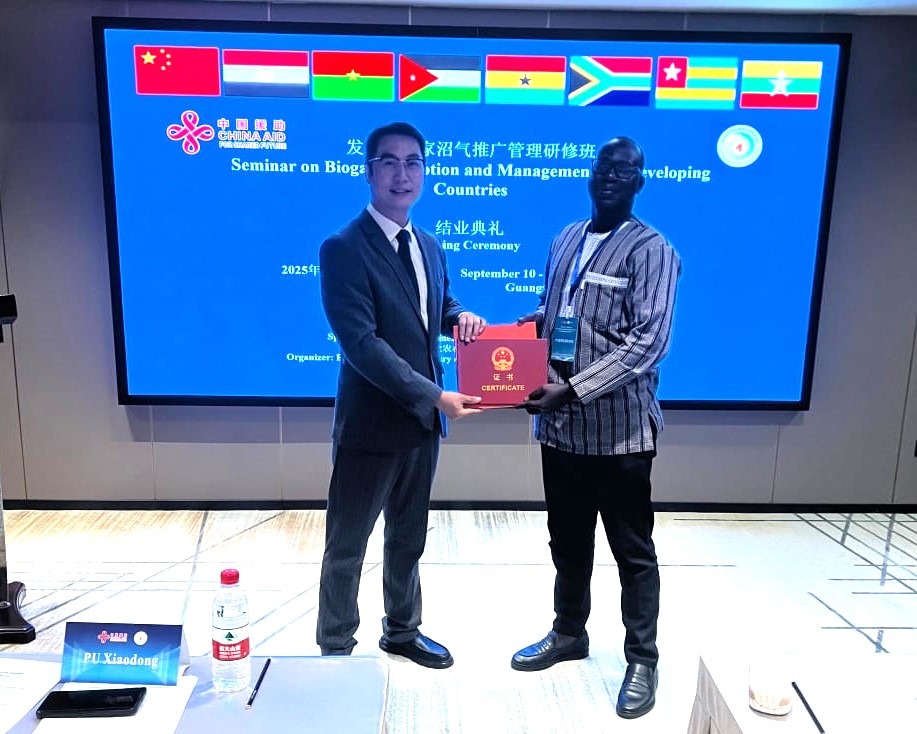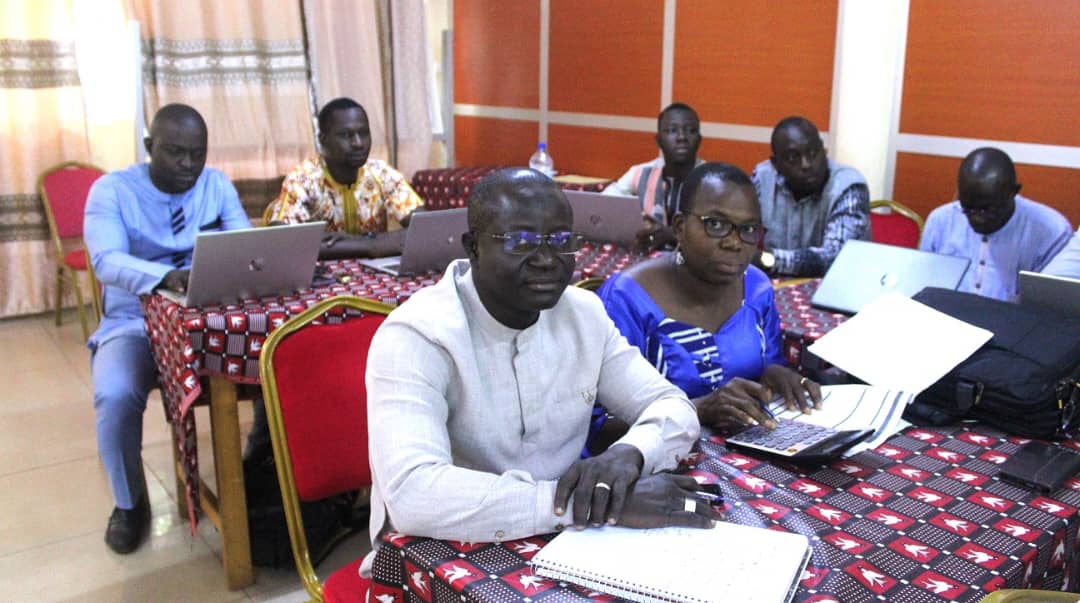- Home
- FIE
- Areas of intervention
- Funding
- News
- Opportunities
- Documents
- complaints and suggestions
- You are here:
-
Home

-
FIE

-
PRESENTATION

- FIE
Research
Follow us
History, Missions and Objectives
The Environmental Intervention Fund (FIE) comes from the desire of the Burkinabè State to equip itself with a new financial tool to respond to the country's environmental challenges. Its vocation is to become a new financing lever to mobilize additional national financing, as well as complementary external funds, linked to the environment, sustainable management of natural resources and climate change.
By creating the FIE, Burkina has a sustainable, national and flexible tool, extending beyond the lifespan of projects/programs alongside the State budget. The primary goal of this financial instrument is to support the achievement of the country's environmental objectives in terms of living environment, sustainable management of natural resources and growth methods ensuring sustainable development.
The FIE is also intended to be an economic tool with positive effects on the growth of Burkina Faso, by reducing current trends of environmental degradation and therefore related economic losses. It also generates direct economic development by supporting the development of a green economy, promising sectors or the creation of green jobs. The FIE is also called upon to be a tool serving national objectives in the fight against poverty, thanks to a mode of intervention taking into account the poorest populations and vulnerable categories, often those most exposed to the deterioration of the environment. Environment and Natural Resources.
The FIE is also intended to be a unifying tool, bringing together existing or planned funds in the Environment sector, in order to rationalize management, reduce costs and ultimately have a coordinated vision of sector financing.
Thus, through the FIE, the State also sets up the Forestry Fund provided for in the Forestry Code and the Climate Fund in accordance with international conventions which have been ratified in the Climate field.
WHY AN FIE?
The environmental situation in Burkina Faso has become increasingly worrying in recent years. Indeed, whether it concerns the phenomenon of land degradation, pollution and nuisances, there is unanimity among the various stakeholders concerning the negative consequences of the strong pressures exerted on natural resources over the last ten years.
The environmental impacts are direct and indirect with losses of natural resource capital, soil erosion, impoverishment of fauna and flora, etc. The current development of Burkina Faso is not based on sustainable modes of production and consumption and this endangers the rights of future generations.
The economic impacts are also serious. Environmental damage generates economic inefficiencies estimated at around 20% of GDP, or around 760 billion FCFA per year in losses linked to environmental degradation. On a social level, these negative impacts particularly affect the poorest households who derive the majority of their income from agriculture, livestock and natural resources in general.
The priority environmental problems identified in the 3rd Report on the State of the Environment in Burkina are:
- the changes climatic ;
- land degradation ;
- degradation of water resources potential;
- the unsustainable energy system;
- the problems environment urban ;
- the erosion of biodiversity .
An analysis of the causes of these problems reveals a lack of funding for environmental actions. Although the budget of the Ministry responsible for the environment has seen a slight increase in recent years, there is still an average deficit of more than 100 billion FCFA/year for programs linked to the environment and natural resources. .
However, today Burkina only has two main sources of financing for the environment: on the one hand the State budget, insufficient, absorbed largely by the operating expenses of the administration and not very flexible. , and on the other hand external financing marked by its limited duration (projects and programs of 3 to 5 years) and sometimes the complexity or cumbersome procedures. Existing funds in the sector, outside the administration budget, are non-existent or with very low resources. The share of local authorities' budgets devoted to the environment and natural resources is very low.
It is aware of this situation that the Government of Burkina Faso has operationalized the Environmental Intervention Fund.
If you have statements, complaints, suggestions or simple comments on the action of the FIE, this space is yours. Identify yourself and let us know your feelings. Any inquiry will be treated with the greatest interest.
[powr-form-builder id="2ee7b8b0_1728219156"]
General direction : Ouagadougou
11 BP 623 Ouagadougou CMS 11
Phone : (+226) 25 43 27 02 (Headquarters : Cissin)
(+226) 25 33 30 32 (Annex Kwamé N’Krumah)
Western Regional Direction
01 BP 2010 Bobo-Dioulasso 01
Phone : (+226) 20 98 04 98
Regional Direction of North
BP 378 Ouahigouya
Phone. : (+226) 24 55 37 57
West Central Regional Direction
BP 333 Koudougou
Phone : (+226) 25 44 45 00
For your statements, complaints, suggestions or simple comments on the action of the FIE, click here.
In accordance with the regulations of the State Funds, the FIE has an Internal Auditor attached to the Board of Directors to whom it reports on the quality of the management of the General Management.
The internal auditor is responsible for performing:
- compliance audit missions;
- or operational audit missions on procedures; technical operations of the FIE;
- or audit missions on the proper application of financial and control procedures.
The FIE is also subject to an obligation to audit its financial statements by an external auditor who submits his reports to the Board.
The current auditor is:
Cabinet FIDUCIAL EXPERTISE AK
01 BP 4134 Ouagadougou 01
Phone : 25 30 85 07 / 25 33 12 04
Fax : 25 31 78 94
E-mail : This email address is being protected from spambots. You need JavaScript enabled to view it.
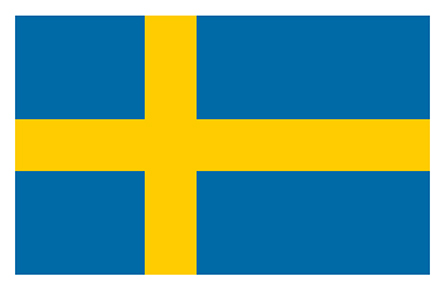 |
Kingdom of Sweden |
| He accompanied the establishment of the FIE and financed appeals 1, 2 and 3 of the fund through the Forest Sector Support Program (FSAP) |
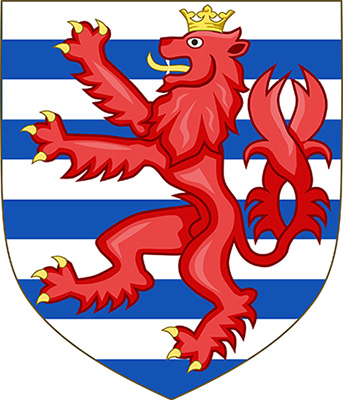 |
Grand Duchy of Luxembourg |
| It accompanied the establishment of the FIE and financed calls 1, 2 and 3 of the fund through the Forest Sector Support Program (FSAP). |
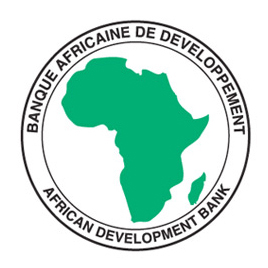 |
African Development Bank (ADB) |
| It collaborates with the FIE in the framework of the implementation of the Support Project for the development of the cashew nut sector in the Comoé basin for REDD + (PADA / REDD +) |
 |
World Banque |
| The FIE and the WB are partners in the implementation of Community Integrated Development Projects for REDD + (PDIC / REDD +). |
PRE-FIE
A study conducted in 2017 on the achievements of the pre-FIE makes it possible to affirm that:
- 31,537 people benefited from awareness-raising actions.
- 15,586 people were trained.
- 143889 ha of classified forest and created 178.54 ha of forest were consolidated by forest management activities.
- 11,169 ha of land was recovered.
- 4411 feet of Assisted Natural Regeneration (RNA) were performed.
- 489 manure pits were built.
- 752 improved stoves were made.
- 377,390 plants were planted and maintained.
- 37 non-timber forest products processing units were built.
- 2052 people were employed including 1869 women.
CALLS FOR PROJECTS
Call 1: 68 projects financed in 02 regions (Hauts-Bassins and Center-Ouest) for 800,000,000 F. CFA.
Call 2: 105 projects financed in 03 regions (Hauts-Bassins, Center-Ouest and Nord) for a total of 1 200 000 000 F. CFA.
Call 3: 197 projects in 6 regions (Hauts-Bassins, Boucle du Mouhoun, Cascades, Sud-Ouest, Center Ouest and Nord) for about 2 000 000 000 F. CFA.
INDEMNIFICATION OF DAMAGE
2016: 77 reports of damage caused by wild animals examined and compensated for 11,083,103 F. CFA.
2017: 167 reports of damage caused by wild animals examined and compensated for 25 854 181 F. CFA.
HISTORIC
The Intervention Fund for the Environment (FIE) was established in the first Environmental Code in 1994. It has been renewed in the following two revisions of this code. In 2013, the Ministry of the Environment, the Green Economy and Climate Change (MEEVCC) implemented a participative and concerted process of reflection, with the technical and financial support of the PASF program financed by the Luxembourg and Luxembourg cooperations. Swedish. This process involved all the players in the Environment sector (public services, private sector, development partners, NGOs and associations, local authorities, etc.). It resulted in drafts of texts in 2014, proposing a state establishment status of the State, in the category of State Funds, for the FIE. The two decrees operationalizing the FIE were then adopted in July 2015 by the Government, paving the way for the concrete implementation of the fund.
At the same time, the MEEVCC implemented a so-called "pre-FIE" pilot phase in the Hauts Bassins, Center-Ouest and then Nord regions. It resulted in two calls for projects in 2013 and 2014, in order to draw the necessary lessons for the efficient implementation of the FIE.
MISSIONS
Created by Decree No. 2015 - 838 / PRES-TRANS / PM / MEF / MERH of 13 July 2015, the Intervention Fund for the Environment (FIE) is a financial instrument designed to be a source of national and international financing.
The FIE has the status of State Public Establishment (EPE) classified as State Fund. It is placed under the technical supervision of the Ministry in charge of the environment and the financial supervision of the Ministry in charge of finances.
The main mission of the FIE is to contribute to the achievement of Burkina Faso's environmental objectives, and in particular:
- reducing current trends of environmental degradation and thus related economic losses;
- the fight against the harmful effects of climate change;
- economic development of the country by creating wealth and income in the environment and natural resources sectors;
- poverty reduction through an appropriate mode of intervention for the direct and indirect beneficiaries of the environmental actions financed by the Fund.
As such, the FIE is mainly responsible for:
- mobilize and manage national and international financing for the environment in Burkina Faso;
- allocate financing (subsidies) or financial incentives (interest rate subsidies, loan guarantees) to the various groups of national actors according to their management and environmental protection skills;
- monitor and report on the use of funds received and financial support allocated.
OBJECTIVES
The objectives of the FIE integrate the three (03) dimensions of sustainable development. These objectives are as follows:
- Contribute to the achievement of Burkina Faso's environmental objectives to support strong and sustainable growth in the country and reduce poverty in the medium and long term.
- Promote the economic development of the country by creating wealth and income in the environment and natural resources sectors (supporting the development of a green economy, promising sectors or the creation of green jobs).
- To fight against poverty thanks to a mode of intervention taking into account the poorest populations and the vulnerable categories, often those most exposed to the degradation of the environment and natural resources (to favor the access of the vulnerable groups - women and young people - to funding).
 English
English  Français
Français 
